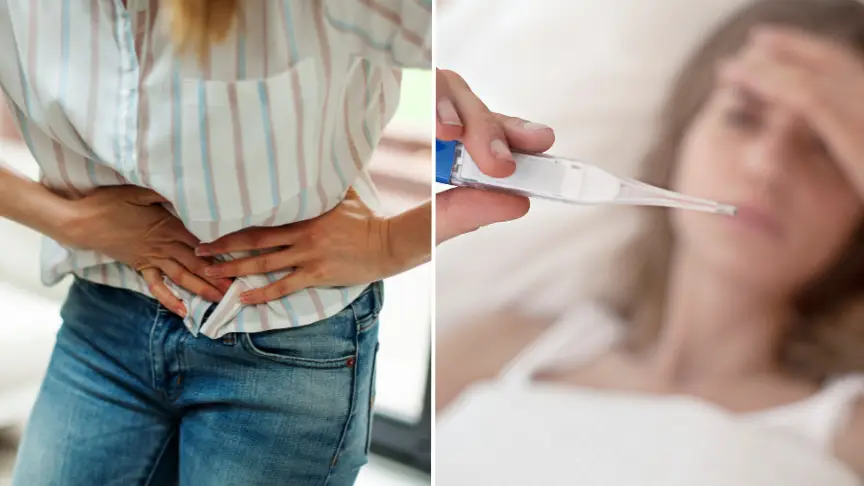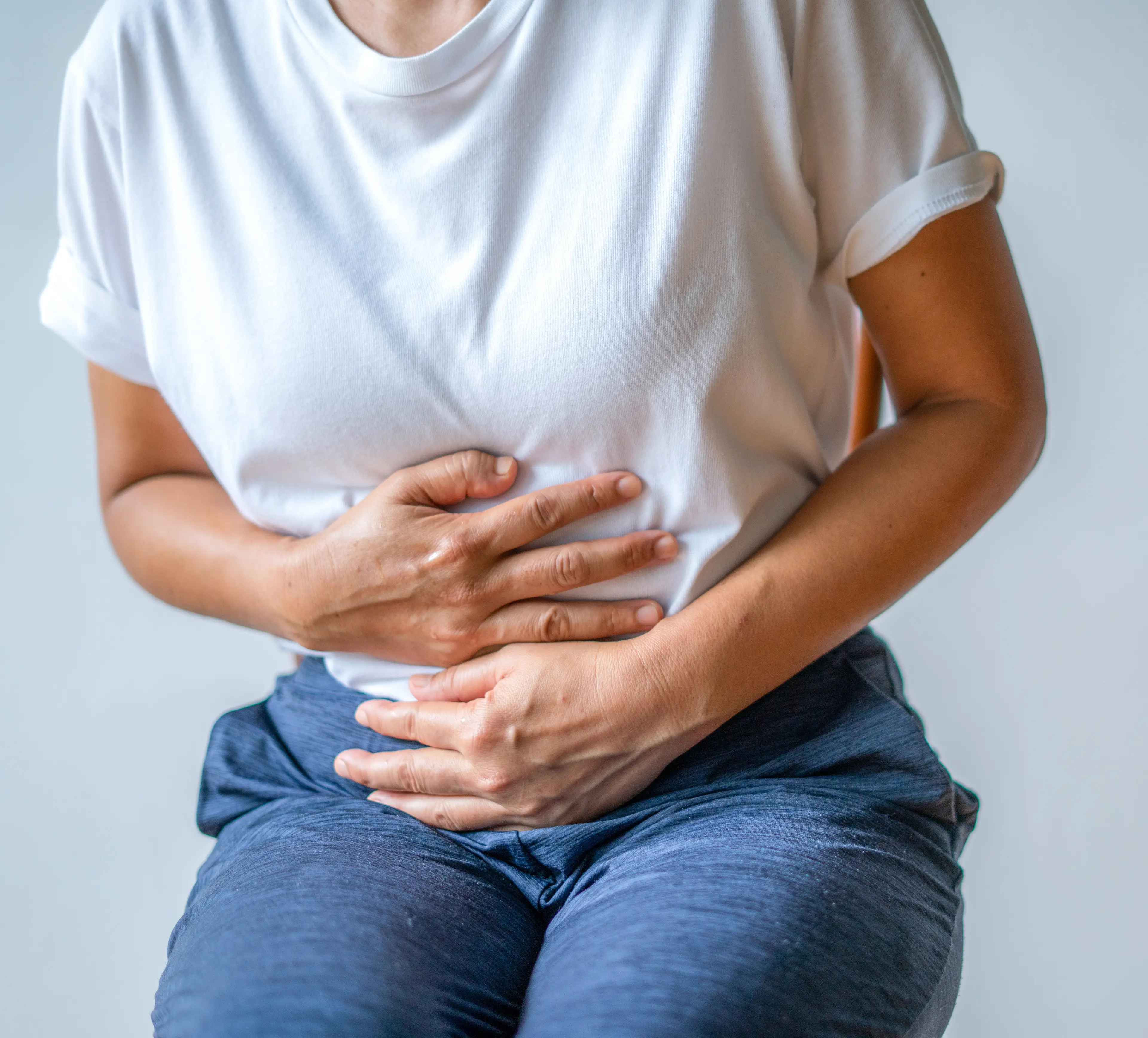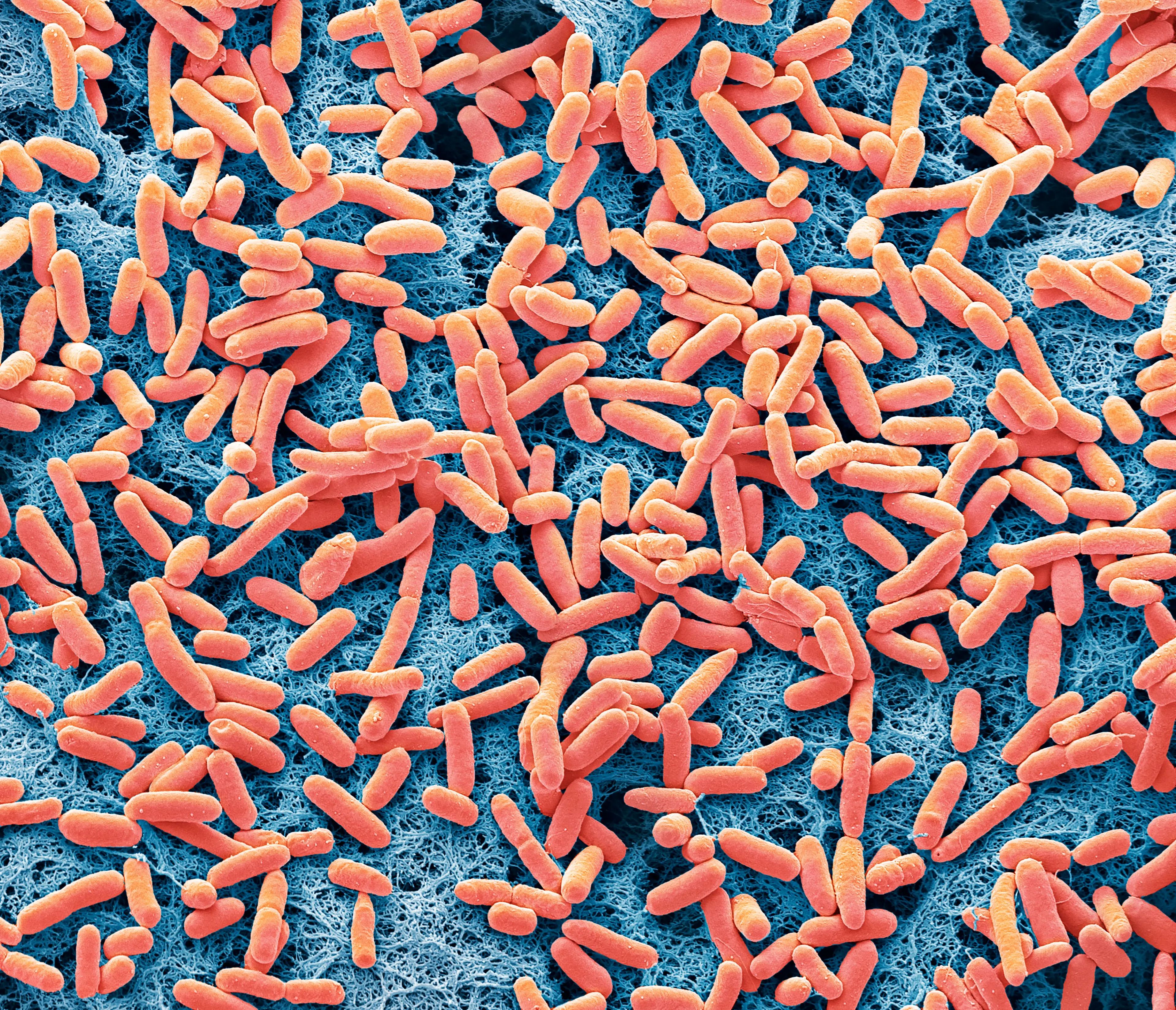
The NHS released a checklist to help people understand if they have food poisoning or not after E. coli cases rise in the UK, reportedly due to contaminated products.
This comes after an urgent health warning was issued when it was found that mass cases of E. coli could be linked to a ‘nationally distributed food item’.
The UK Health Security Agency warned that 81 cases of the disease were found in England, 18 in Wales, 13 in Scotland and 1 in Northern Ireland (which is believed to have been contracted from visiting England).
Out of the 81 cases in England, 37 have been hospitalised for severe symptoms which required professional treatment.
Advert
It’s not yet known what food item is causing the outbreak; however, it’s circulating around the country in mostly young adults.
In a statement, the agency said: "Based on the wide geographic spread of cases, it is most likely that this outbreak is linked to a nationally distributed food item or multiple food items."

The Shiga toxin-producing E. coli O145 (Stec) can cause severe diarrhoea, stomach cramps and fever, among other symptoms which can last up to two weeks or even cause haemolytic uraemic syndrome (HUS), a condition which is life-threatening and can cause kidney failure.
Since the outbreak is often linked to contaminated foods and being around infected people, the NHS has warned the public about understanding the symptoms, how to treat yourself at home and how to avoid it.
The NHS website states that symptoms of food poisoning include:
· Feeling sick
· Diarrhoea
· Being sick
· Stomach cramps
· A high temperature of 38C or above
· Feeling generally unwell
The health service recommends drinking plenty of fluids to avoid dehydration and to stay away from schools or the office for two days after the symptoms stop to avoid contaminating others.
Additionally, Darren Whitby, head of incidents and resilience at the Food Standards Agency (FSA), said to Sky News: "The FSA is working with UKHSA and relevant public health bodies to identify the source of the illness, which is likely to be linked to one or more food items.

"We always advise consumers and those looking after vulnerable people to ensure good hygiene practices are followed when handling and preparing food, regularly washing hands with soap and warm water and ensuring equipment, utensils and surfaces foods come into contact with are cleaned thoroughly to prevent cross contamination.
"You should not prepare food for others if you have had symptoms, or for 48 hours after symptoms stop."
According to the Agency, ways to stop the spread of E. coli include:
• Regularly wash your hands with warm water and soap
• Follow food hygiene measures
• Do not prepare food for others and avoid visiting people in hospitals or care homes
• Do not return to work, school or nursery until 48 hours after symptoms have stopped
Topics: Health, NHS, Food and Drink
